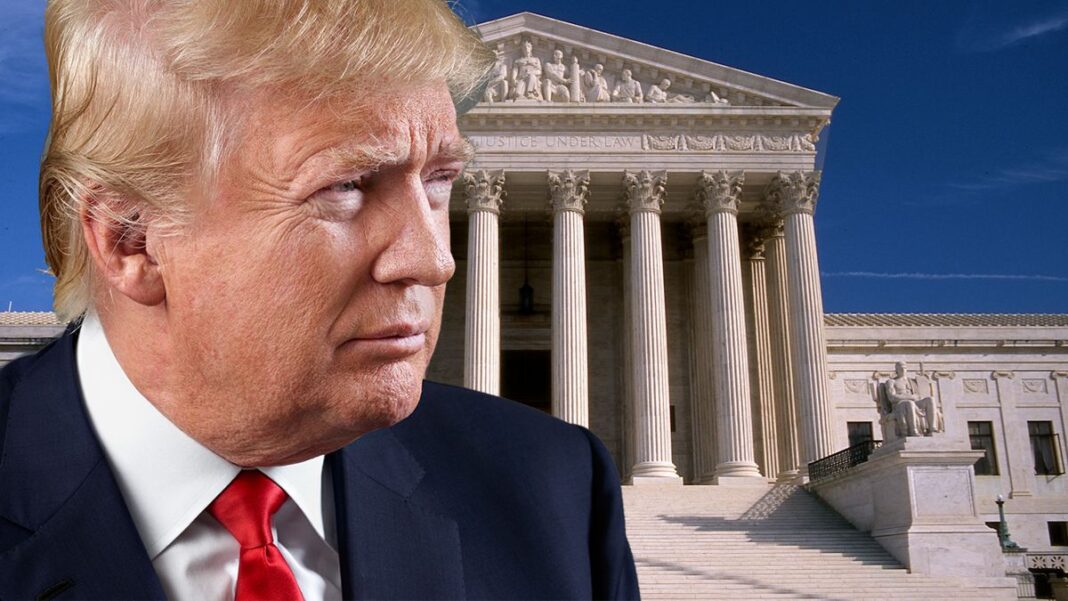A false registration ‘is a class 6 felony.’
A federal judge has ruled that an Arizona law requiring voters to provide proof of American citizenship is not discriminatory.
The 109-page ruling summarizes testimony from a 10-day bench trial that concluded on Dec. 19, 2023, during which experts provided testimony regarding Arizona’s history of voting discrimination and voter suppression.
The discriminatory practices included literacy tests, which were said to effectively preclude Native American and Latino voters from participating in elections.
The case arises out of a challenge by Mi Familia Vota and others to the Arizona Legislature’s passage of H.B. 2492 and H.B. 2243,“ collectively known as the “Voting Laws.” They alleged that these laws are discriminatory.
According to its website, Mi Familia Vota “is a national civic engagement non-profit organization that unites Latino, immigrant, and allied communities to promote social and economic justice through citizenship workshops, voter registration, and voter participation.”
In a ruling issued Feb. 29, U.S. District Judge Susan Bolton said the passage of HB 2492 and HB 2243 by Arizona lawmakers was not discriminatory because the intent is to prevent voter fraud.
“Considering the evidence as a whole, the court concludes that Arizona’s interests in preventing non-citizens from voting and promoting public confidence in Arizona’s elections outweighs the limited burden voters might encounter when required to provide DPOC,” Judge Bolton wrote, referring to documentary proof of citizenship.
Judge Bolton cited existing Arizona election law, noting that, “To be qualified to vote in Arizona, a person must be a United States citizen, a resident of Arizona, and at least eighteen years of age. Ariz. Const. art. VII, § 2.”
Specifically, Section 2. A of Arizona’s election law states, “No person shall be entitled to vote at any general election, or for any office that now is, or hereafter may be, elective by the people, or upon any question which may be submitted to a vote of the people, unless such person be a citizen of the United States of the age of eighteen years or over, and shall have resided in the state for the period of time preceding such election as prescribed by law, provided that qualifications for voters at a general election for the purpose of electing presidential electors shall be as prescribed by law. The word ‘citizen’ shall include persons of the male and female sex.”








